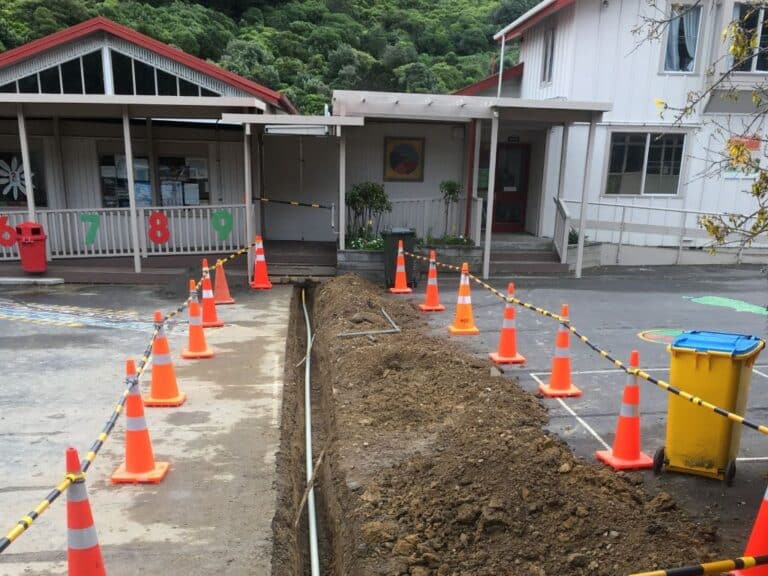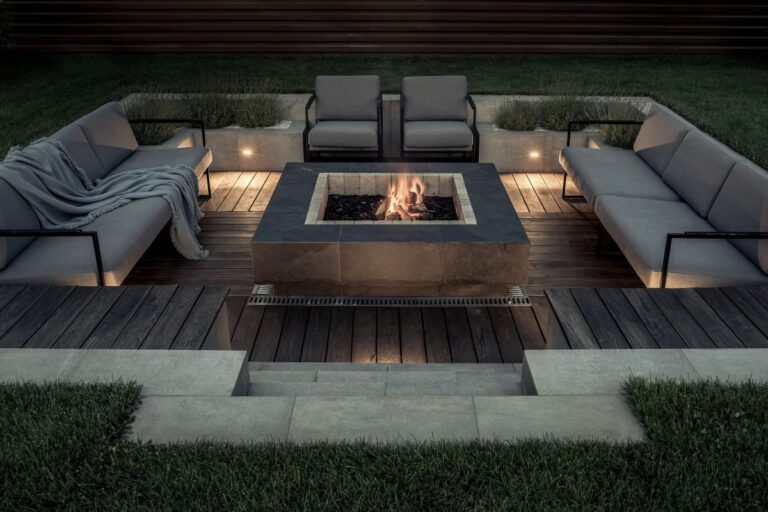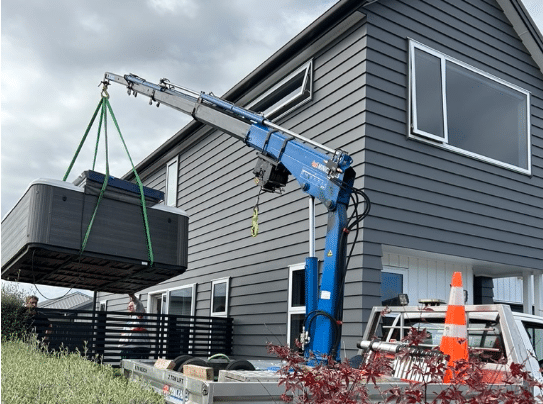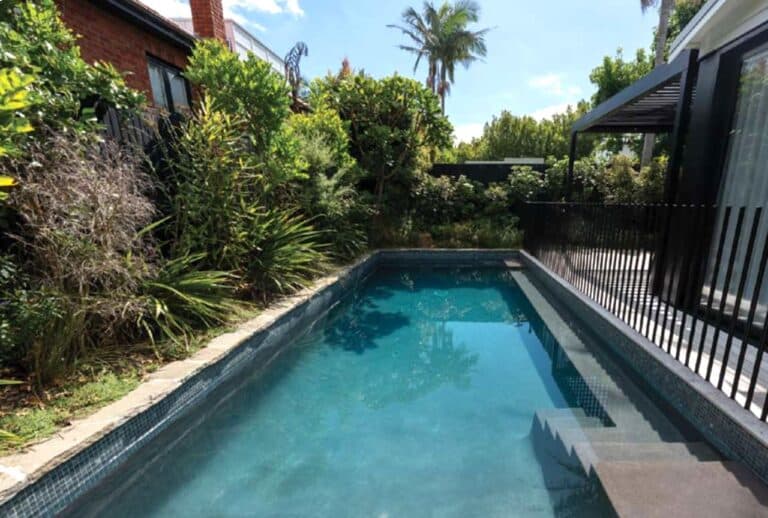New Zealand is a great DIY nation. We think nothing of building a deck, remodeling the lounge, or ripping out the kitchen and installing a new one by ourselves.
But when it comes to installing hot water cylinders, where is the line between DIY and illegal renovation?
Greg Wallace, Chief Executive of Master Plumbers, Gasfitters and Drainlayers NZ, says many homeowners are unaware that there’s little they can legally do themselves.
“It is hard to quantify how much work is going on under DIY – it’s part of the New Zealand culture that people do things for themselves.”
DIY gone wrong can put your family’s health and safety at risk, Greg says. It can also result in expensive mistakes, possible prosecution and fines, invalidate your home insurance and make it difficult to sell your property in the future.
“The consequences can be huge if the work is carried out by an unlicensed person.”
Here’s what you need to know.
- Hot Water Cylinder Installation Is Classified as Restricted Building Work: In New Zealand, the installation of hot water cylinders is classified as “Restricted Building Work” (RBW), and it is illegal to carry out this type of work without a license. This type of work must be carried out by a licensed building practitioner and inspected at each stage of the process.
- Potential Safety Hazards: Installing a hot water cylinder is not something that should be taken lightly. The work must be carried out a certain way, and if not done correctly, it could lead to potentially serious safety hazards, including scalding hot water burns and the potential for electrical shock.
- Comply with Current Standards: As a professional, a trained and qualified plumber has knowledge of the current standards and requirements for hot water cylinder installation as specified by the Plumbers, Gasfitters, and Drainlayers Board. A professional can ensure that your new hot water cylinder is installed and certified to the highest standards and operating safely.
- Guaranteed Work Quality: Only allowing licensed building practitioners to install hot water cylinders helps ensure the highest quality of work by professionals who have been fully trained and qualified for such a job.
- Vital Safety precautions: A registered plumber is equipped with the necessary safety gear and tools to install a hot water cylinder safely and to the relevant codes. This includes electrical isolation, thorough testing of pipework, and pressure testing of the cylinder installation.
- Avoid Water Leaks and Potential Damage: Attempting to install the hot water cylinder yourself could result in water leakage and potential damage to your home. A professional plumber will have the know-how and experience to ensure that your hot water cylinder is properly installed and secure.
- Liability Coverage: By using a licensed building practitioner, all work carried out is covered by the Licensed Building Practitioner Liability We are currently insured and with this, you can plan rest assured that the work will be carried out in the safest and best way.
- Potential Environmental Hazards: Hot water cylinder installation involves working with gas and electricity, and if not done correctly, it can lead to possible environmental hazards such as gas leakage, water seepage, or even explosion if the installation is not correctly done.
- Government Regulations: The New Zealand government has set up a specific set of rules and regulations with regard to hot water cylinder installation, and these must be strictly followed and adhered to. Failure to comply with these regulations can also lead to serious consequences.
- Comply with Warranties and Insurance Policies: Many warranties and insurance policies require that work of this nature is carried out by a qualified and licensed professional. If an installation is carried out by someone without the appropriate qualifications, it could invalidate the warranty and insurance cover.
Installing a hot water cylinder yourself in New Zealand is illegal and it is important to note that there are potential consequences for not complying including potential safety, environmental, and financial hazards.
What about consent?
People must also hire a plumber if they are adding to a building structure, such as extending or adding a bathroom.
“If you’re replacing like with like inside a bathroom, a plumber can fit a new toilet, basin and shower, for example, without a plumbing consent. But if you extend your existing bathroom, you need a consent from your local council.”
Because local authorities have slightly different rules for plumbing consents, he advises homeowners to be vigilant and check with their local council.
“Normally the tradesperson will take care of any consenting process, but it’s always good to be aware of the rules and follow up. It’s also good to keep a record of everything when you’re doing something like a bathroom alteration, including details of who completed the work.”
In conclusion, it is always recommended to use a licensed and experienced plumbing and gas fitter when instigating a hot water cylinder installation.




